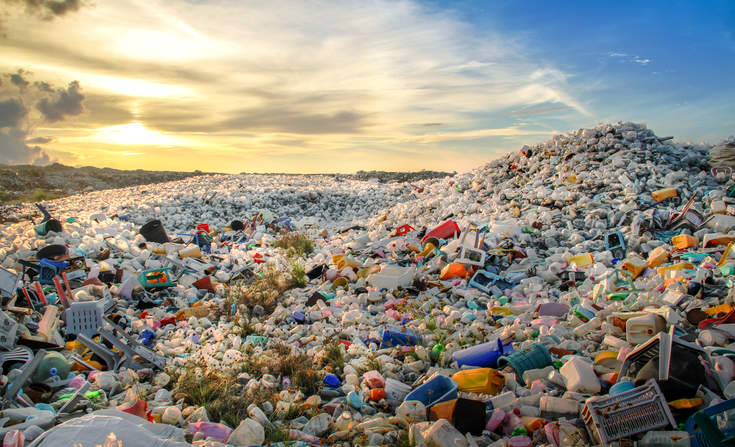About two million tons of plastic particles float in the world’s oceans, and if nothing is done, it could be three times as much by 2040.
In a new study, researchers warn that it is pointless to clean up plastic from our oceans if we continue to produce it at the current rate, CNBC reports.
We must act now
The researchers urge lawmakers to take immediate action and adopt political measures to reduce plastic use and increase recycling.
“The exponential increase in microplastics across the world’s oceans is a sharp warning that we must act now and on a global scale, stop focusing on clean-up and recycling, and initiate a period of corporate responsibility throughout the life cycle of the things they manufacture,” says Marcus Eriksen to CNBC.
He is a co-founder of The 5 Gyres Institute, a US organization working to address plastic pollution.
Dramatic increase in plastic
In the study, researchers assessed trends in ocean plastics from 1979 to 2019 and saw a dramatic increase in the mass of plastic floating in the oceans. According to researchers, this may reflect a significant increase in the world’s plastic production, a change in the generation and management of land-based waste, or a fragmentation of existing plastic pollution.
No point in cleaning up

Marcus Eriksen believes that there is no point in cleaning up if we continue to produce plastic at the current rate and that we have been talking about recycling for too long while the plastic industry rejects all commitments to buy recycled plastic.
He believes it is time to address the root of the plastic problem. If nothing is done now to reverse the trend, plastic will end up in our oceans about 2.6 times faster by 2040.
Global agreement on plastic pollution
Last year, UN member states adopted a global agreement on plastic pollution and this spring, member countries plan to meet to develop a legally binding tool on plastic pollution.
According to the study’s authors, it is extremely important to establish a resolution that addresses the entire life cycle of plastic, from extraction and production to waste management.
Inability to sustain life
“The increasing accumulation of plastic particles in our environments and bodies will eventually lead to an inability for the planet to sustain life as we know it,” says Scott Coffin, researcher at the California State Water Resources Control Board, in a statement, according to CNBC. He adds that it is now time for governments worldwide to unite in their efforts to reduce plastic production and further prevent plastic from entering the environment.
